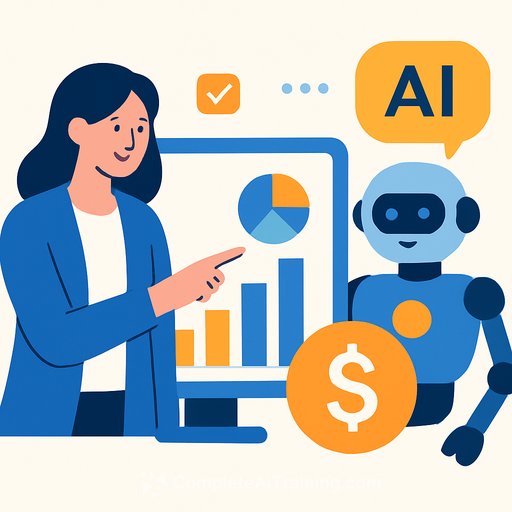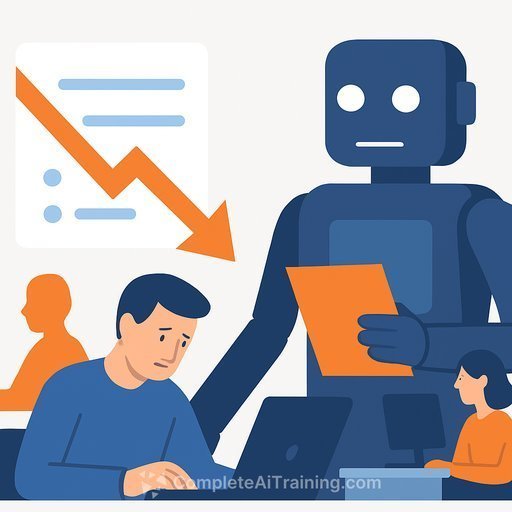The Common Factor in the Most Pressing Business Issues: People
As businesses face a new wave of challenges—from regulatory changes after elections to the integration of AI and the urgent need to upskill employees—the focus sharpens on having the right people in the right roles within an effective organizational structure. Success in uncertain times depends heavily on managing talent wisely.
Hot Topics in HR
Experts highlight several key areas in human resources that demand attention. These focus areas reflect the critical role HR plays in shaping business outcomes today and tomorrow.
1. AI and Technology
AI excels at analytical and operational tasks, boosting productivity and efficiency. However, the creative and relational facets of work remain distinctly human. Technology should serve as a tool to complement human skills rather than replace them.
Many organizations are experimenting with AI in recruitment, performance management, and employee development. Despite the promise, it’s essential to carefully manage the risks associated with these new tools.
Demographic shifts and ongoing technological changes require companies to rethink HR capabilities. Investing in strategic human capital management, including leveraging new learning technologies and partnerships with education providers, is becoming necessary.
2. The War for Talent
The U.S. is reaching a peak in high school graduates, signaling a future shrink in the pool of college-educated workers. Forward-thinking companies are building learning pathways that benefit both employees and business results.
The traditional education system no longer meets workforce readiness needs. Businesses must integrate education and career advancement into their employee value propositions to attract and keep top talent in a competitive market that now spans nationwide thanks to remote work.
3. Hybrid Work
The pandemic normalized remote work, proving that many roles can be productive outside the office. Employees increasingly expect hybrid options, with some potential hires even rejecting offers lacking flexibility.
While productivity may be maintained, organizations must consider the impact on culture and onboarding. Remote setups can challenge employee development and dilute company identity if not managed carefully.
4. Employee Reskilling and Upskilling
Rapid change in the business environment pushes companies to invest more in training and development. Equipping employees with new skills is essential for staying competitive.
Not every company needs a formal corporate university, but designing clear education pathways that encourage internal growth helps retain employees and reduces recruitment costs.
5. Blending Talent
Organizations are pulling back from some diversity, equity, and inclusion (DEI) initiatives, creating tension between regulatory compliance and the benefits of diverse workforces.
Today's workforce ecosystem is complex—companies collaborate with partners, joint ventures, and alliances, leading to scenarios where they manage people they don't employ and work alongside talent they don't directly control. HR needs to expand its scope beyond traditional boundaries.
Additionally, five generations now share workplaces, each bringing unique values and work styles. Leaders must understand these differences and leverage them to enhance team performance.
6. Employee Engagement
Employee engagement in the U.S. hit a decade-low, with only 31% of workers actively engaged. Low engagement affects retention, productivity, quality, and customer service, ultimately hurting the bottom line.
7. Changes to Health Care and Employee Benefits Programs
Rising health care costs pressure organizations to reduce their contributions to benefits packages, shifting more expenses onto employees. This trend requires careful communication and management.
8. Specialized Expertise to Lead Strategic Learning
Future talent development leaders need skills in AI, emerging learning platforms, adult learning theory, and instructional design. Most current HR teams lack this specialized expertise.
Companies must invest in building these capabilities or bringing in new talent to lead effective learning initiatives aligned with business strategy.
For HR professionals interested in expanding their understanding of AI and learning technologies, exploring courses on Complete AI Training can provide valuable insights tailored to various roles.
Talent management challenges are central to business success in the coming years. Focusing on people—how they work, learn, and grow—remains the most practical approach to navigating this complex landscape.
Your membership also unlocks:






